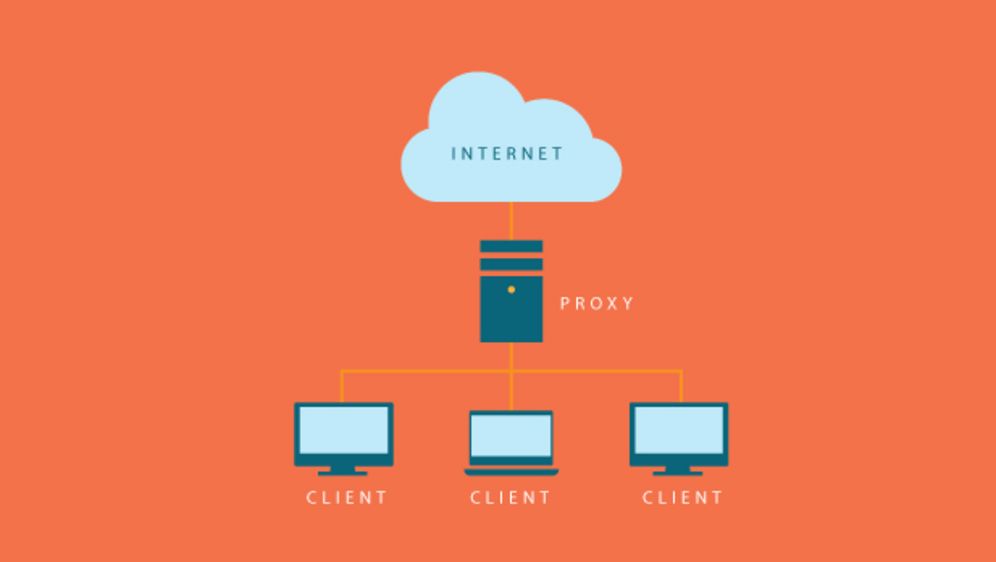Through the usage of prescription medications from retail stores, the threshold of facilities supplied by drug stores, as well as the market prices for prescription medicines from drug stores have all shown considerable differences. It is unclear whether the formations of small shops drug store markets influence these pharmacy consequences. This article is the one drawing insights from the retail pharmacy system.
The role of Technological Advances:
Incredibly rapid change is hastening disruption throughout the national wellbeing value cycle and reshaping the destiny of pharmacy. Combined with clinical advancements are happening at an unprecedented rate, thanks to the magic of machine intelligence, robotic systems, as well as inferences drawn from drastically interoperable information.
As “imprecision medical science” gives way to highly precise therapies, the pharmacy’s involvement and also the distribution channels researchers recognize today are ready to switch. This mixture may result in the change from such a fee-for-service repayment prototype to a valuation prototype, trying to align pharmacists with wider payer shifts that are taking place.
What would be the future consumer prospects?
To truly grasp their outlook of a drugstore, researchers must start with the purchaser and consider how their universal healthcare voyage will change. As innovation becomes more pervasive and incorporated, the position of the pharmacy, as well as the pharmacist, could no longer be identified by contemporary standards. Researchers are witnessing the integration of wellbeing, as well as an expansion of the role of telemedicine and simulated healthcare coverage.
Numerous health-screening initiatives for asymptomatic individuals have been initiated or suggested by retail pharmacies. Checking asymptomatic clients may result in over-testing or above, resulting in unnecessary anxiousness and consultations and possibly leaving the client less fit and active.
Patients frequently present to pharmacies with slight health problems that they would have self-identified. This is a pharmacy’s fiduciary duty to refer these patients to clinical practitioners for an objective evaluation of these occurrences. Whenever a patient visits a drugstore for prescribed drugs by their physician, the pharmacy should inform the client on how to use such medications properly. Repetitively it will be avoided, and the physician would then obtain effective care.









